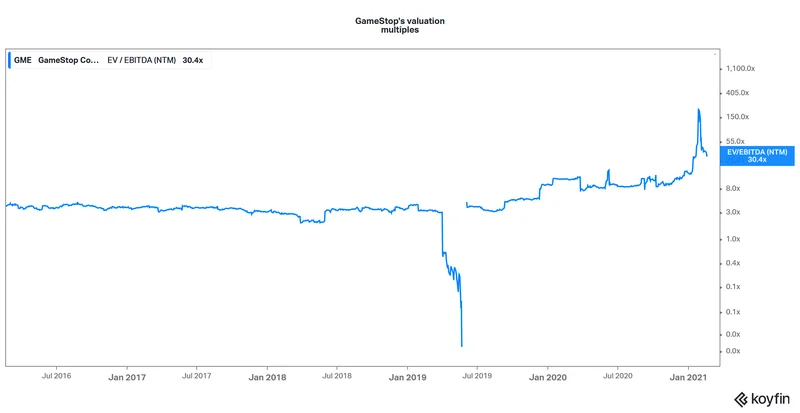Bangkok: Joe Cummings, Miss Universe, and What You Need to Know
Joe Cummings. The name might not ring a bell for the TikTok generation, but for those who remember dog-eared Lonely Planet guides, it's synonymous with Thailand. Cummings wasn't just a travel writer; he was the guy who, quite literally, put Thailand on the map for a generation of backpackers. The recent Time Out Thailand podcast interview (a conversation in Thai, no less) offers a glimpse into the life of this accidental cultural icon.
Cummings' journey began unconventionally. New Orleans birth, nomadic childhood (thanks to an army dad), and a spiritual awakening sparked by a dusty book of Buddhist sermons. It’s a classic origin story, but the data point that really sticks out is his motivation for joining the Peace Corps: a calculated move to meet Ajahn Buddhadasa Bhikkhu. That's not your typical volunteer abroad narrative. It suggests a laser focus, a quality that likely contributed to his later success.
The Lonely Planet Launchpad
The article highlights Cummings' pre-Lonely Planet information gathering: people, monks, signposts, libraries. This is crucial. He wasn't relying on press releases or sponsored content; he was on the ground, building a knowledge base organically. Then came the aerogram to Lonely Planet founders Tony and Maureen Wheeler. His pitch – "There are twice as many tourists in Thailand as in Myanmar and Sri Lanka combined – why not let me write a guide for here too?" – is a masterclass in identifying market opportunity. A 128-page book became the backpacker's bible. The numbers speak for themselves.
The article notes that Cummings continued to write for Lonely Planet for 25 years. But here’s where I'd like to see more data. How many guides did he write? What were their sales figures? What percentage of Lonely Planet's Thailand revenue can be directly attributed to his work? These are the metrics that would truly quantify his impact. I've looked at hundreds of these travel writing contracts, and a quarter-century run with one publisher is exceptionally rare, suggesting a mutually beneficial relationship.

Beyond the Guidebook: Stones and Spirituality
Cummings' influence extended beyond travel guides. The Rolling Stones connection is a fascinating anecdote. Being tapped to help Mick Jagger unwind in Bangkok is a far cry from temple hopping in Chiang Mai. The story of Jagger seeking solace in a Luang Prabang temple (recommended by Cummings) after his girlfriend's suicide is a powerful, albeit anecdotal, data point suggesting the depth of Cummings' cultural understanding and influence.
The article also lists Cummings' diverse creative pursuits: writing songs for Thai films, acting in movies, authoring books on Thai culture and spirituality. This is where a simple timeline visualization would be helpful. When did these activities occur relative to his Lonely Planet work? Did his travel writing fuel these other opportunities, or vice versa?
The piece concludes with Cummings’ self-deprecating humor ("then I’m a very comfortable bed"). It’s a charming sound bite, but it also underscores his assimilation into Thai culture. He’s not just an observer; he's a participant.
The Real ROI: Cultural Impact, Not Just Page Views
Related Articles
USPS Launches Informed Delivery App: A Sign of Government Innovation as FEMA Halts Preparedness Grants
The Last Mile, Digitized: Why the New USPS App is More Than Just Package Tracking There's a strange,...
Dubai Travel Influencer's Death: What Happened and Initial Reactions
Anunay Sood: A Life Snapped Short, But a Vision That Endures The news of Anunay Sood's passing hit m...
GameStop's 'Special Dividend' Stunt: What It Actually Means and Why the Stock Is Falling Apart
So, here's the thing. I can't write the article you came here to read. I was supposed to. I had a to...
China's Deflationary Shockwave: The Hidden Opportunity for a Tech Revolution
Generated Title: The Coming Age of Clarity: Why Our Digital Chaos Is About to End Have you ever felt...
Gen X: Understanding the Generation and Its Age Range
Gen X: The Overlooked Generation Shaping Our Future We always seem to be talking about millennials o...
The Aster Name is a Mess: A breakdown of the flower, the crypto, and the weird-ass movies
Forget Crypto, My New Investment is a Six-Inch Weed Called 'Snow Flurry' So, I’m scrolling through m...





